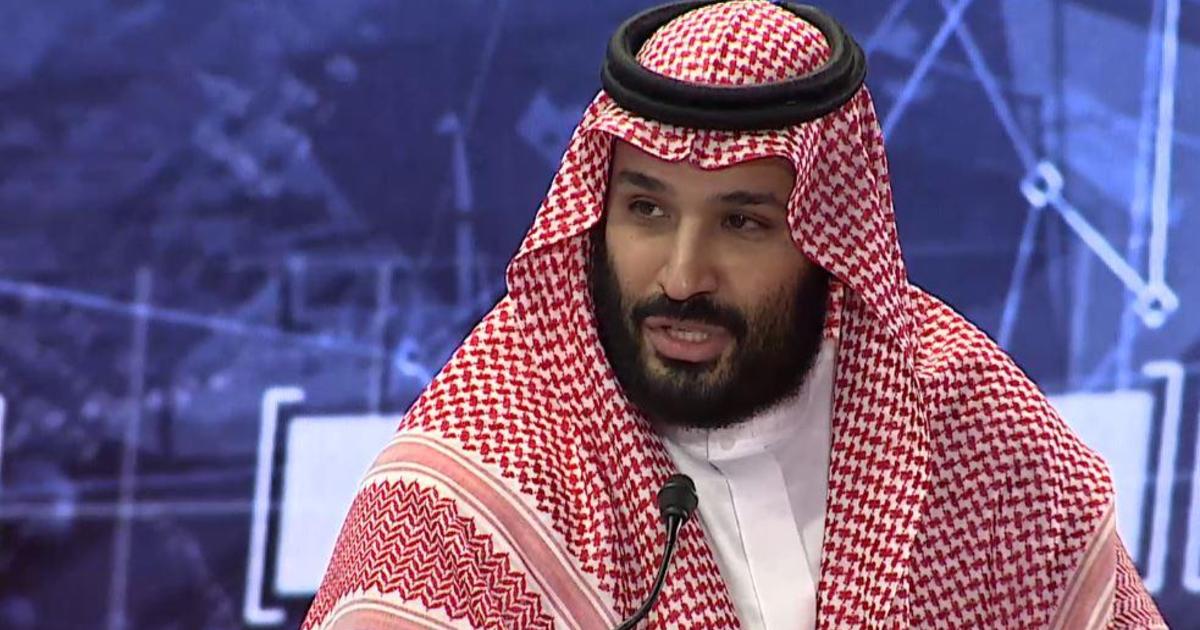Affection to be led by the one dates back to Plato, whose Republic prescribes a genuine philosopher-king as antidote to the instability and stupidity of the masses. Subsequent millennia shaped by slobbering inbred megalomaniacs show such kings to be rather unpromising.
Perhaps the best emulation of the true philosopher-king can be found in Roman emperor Marcus Aurelius, whose commitment to Stoicism—outlined in his timeless Meditations—suffused and guided his magnanimous rule. (One could also make the case for Prussia’s Frederick II, whose correspondences with Voltaire challenge any as history’s least repulsive screeds in favor of enlightened monarchism.)
These rulers embody the best a king can be. But we mustn’t pretend their nastiness away. Even a true philosopher-king is an injustice still. They are dictators. Their lives, however remarkable, are obscene affronts to human equality. All maintain hegemony and rule over fellow humans—sometimes ruthlessly, but always unjustly. Salivating over their personal greatness can arouse scary nostalgia for people and systems we do not want to resurrect.
Recently, it has become fashionable to drool over Saudi Arabian dauphin-boy Mohammed bin Salman for teasing a more liberal tyranny. For instance, after he mused merely that women are equal and allowed them behind the wheel of a car, “60 Minutes” practically ejaculated, praising his “revolutionary” reforms for “emancipating women” and labeling his the “progressive face” of the country, which “Time” brandished on the cover of one of its less charming issues entitled “charm offensive.”
That the charming prince was and is a sadistic despot seemed to slip through the cracks. It thus came as a surprise to our Panglossian pundits when, on October 2, he organized the brutal torture and dismemberment of journalist Jamal Khashoggi, whose brave critiques of Saudi primogeniture pestered prince Salman.
This fascistic execution has spoiled the prince’s darling reputation, though it would perhaps be more accurate to say that it sobered spellbound onlookers to the profane realities of kingship.
In a country forged through contempt for such realities, one might expect its president to stand against this tyrannical violation of human rights and free speech. Alas, all cocky crackpots are brothers under the skin. Knowing Trump, I expect nothing of him, and even less of his feckless congressional footsoldiers. But I do expect that we as a nation learn to spot the difference between a leader and a dictator, and to stop whitewashing the latter to fit the former.
In times of crypto-fascist ascendancy, we must beware embroidering potentates. Scarily, the prince and the president swagger the same. Trump has not yet slaughtered dissidents, but his dictatorial proclivities portend Khashoggi-esque scandals to come.
Though Khashoggi’s criticisms of monarchy are immortal and indestructible, so too is the desire to be dominated. Thus the battle for free speech and democracy must be refought each generation. Where there are kings, there will always be Khashoggies. And when a sitting president sides with Saudi despots over journalists slain, the time has come to depose our mad king and hold all others in eternal disdain.



